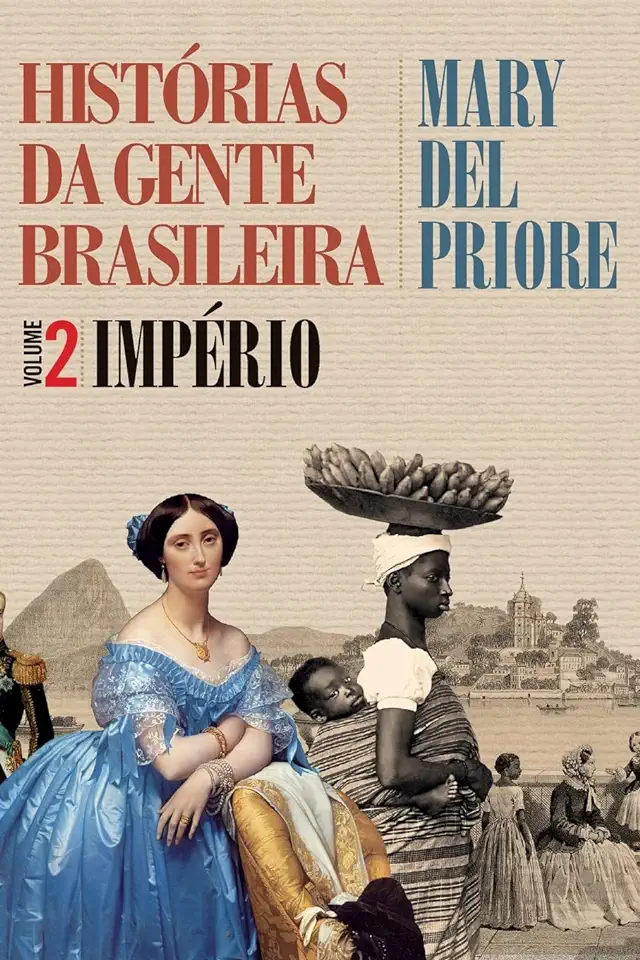
Stories of the Brazilian People Vol. 2 - Empire - Mary Del Priore
Stories of the Brazilian People Vol. 2 - Empire
By Mary Del Priore
A sweeping history of Brazil from the arrival of the Portuguese in the 16th century to the end of the empire in the 19th century.
In this second volume of her acclaimed history of Brazil, Mary Del Priore tells the story of the country's rise and fall as a global power. From the arrival of the Portuguese in the 16th century to the end of the empire in the 19th century, Del Priore paints a vivid portrait of a nation shaped by conquest, slavery, and revolution.
A must-read for anyone interested in Latin American history, Stories of the Brazilian People Vol. 2 is a magisterial work of scholarship that brings the past to life.
A Land of Contrasts
Brazil is a land of contrasts. It is a country of immense natural beauty, with lush rainforests, towering mountains, and pristine beaches. But it is also a country of great inequality, with a small elite living in luxury while the majority of the population struggles to make ends meet.
These contrasts are reflected in the history of Brazil. The country was founded by Portuguese colonists who quickly established a plantation economy based on slave labor. The wealth generated by this system enriched a small number of landowners, while the majority of the population lived in poverty.
The Rise of Nationalism
In the 19th century, a wave of nationalism swept through Brazil. This movement was fueled by a desire to end Portuguese rule and establish an independent nation. In 1822, Brazil declared its independence from Portugal.
The new nation faced many challenges, including political instability, economic inequality, and social unrest. But despite these challenges, Brazil slowly began to emerge as a major power in the region.
The Empire's Fall
In the late 19th century, the Brazilian Empire began to decline. The economy was in crisis, and the government was corrupt and inefficient. In 1889, a military coup overthrew the emperor and established a republic.
The republic brought about many changes, including the abolition of slavery and the separation of church and state. But it also brought new challenges, including political instability and economic inequality.
A Legacy of Empire
The Brazilian Empire left a lasting legacy on the country. The empire's policies of conquest, slavery, and colonization shaped the nation's social, economic, and political development.
The empire also left a legacy of cultural diversity. Brazil is a melting pot of different cultures, including Portuguese, African, and indigenous cultures. This diversity is reflected in the country's music, dance, food, and religion.
Conclusion
Stories of the Brazilian People Vol. 2 is a magisterial work of scholarship that brings the past to life. Del Priore's vivid storytelling and insightful analysis make this book a must-read for anyone interested in Latin American history.